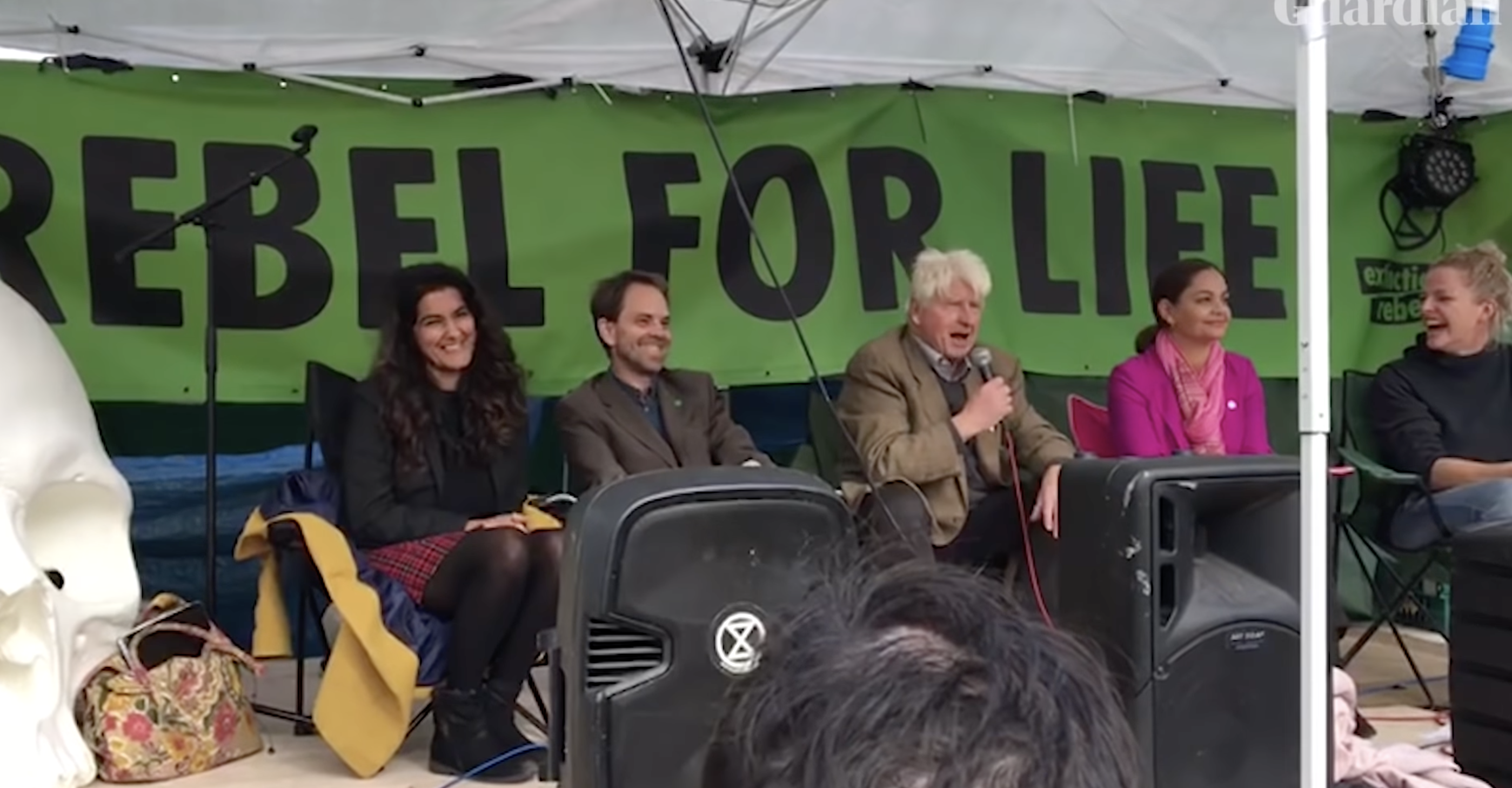Ross Clark has written a cracking piece in the Telegraph pointing out how out of touch Extinction Rebellion now seems in light of rising energy bills and the war in Ukraine.
To say that the world has changed in the three years since Extinction Rebellion first blockaded Oxford Circus for a fortnight would be an understatement. Then, at least, we could laugh at the likes of Robin Boardman-Pattison, a Bristol graduate and product of a £17,500 a year private education who had turned to climate activism – between posting Instagram shots of his numerous foreign holidays.
The group’s antics seem rather less amusing now to the millions of people who have woken up to find their domestic energy bills increased by half and whose cars have been forced off the road by soaring petrol prices. I predict that today’s protests, trying to block oil refineries under the banner Just Stop Oil, will go down even less well. Compounding drivers’ miseries still further, the group has also announced a new wave of daily mass protests in U.K. cities starting next week.
The energy crisis has exposed XR for what they really are: a bunch of relatively, well-off middle class people who barely seem to need to work, let alone worry about the cost of living, and whose absolutist environmental policies are an indulgence which few ordinary people can afford. Worse, they have become Putin’s useful idiots.
In the naïve world of XR and their cheerleaders, soaring gas and oil prices demonstrate why we need to transition, almost immediately, to renewable energy. Yet this calculation ignores that way that rampant inflation is working its way into the green economy as well. The steel needed to construct wind turbines, the rare metals needed for electric cars and other batteries, the price of wood for biomass power stations, labour costs for insulating homes, installing heat pumps and so on; all have increased sharply in price too. Follow XR’s advice and finish off the fossil fuel industry now, and the inflation we have seen so far would seem a relatively minor hit to household finances.
As Ross points out, had greens not helped to destroy the U.K.’s fracking industry, Europe would be in a much better position to stand up to Putin.
The argument parroted by the anti-fracking lobby – that extra, U.K.-produced gas wouldn’t reduce prices for consumers because the gas would be sold on international markets – is fallacious. It costs a lot of money to transport gas, either by pipeline or by ship. In the latter case – which accounts for an increasing slice of gas imports – gas must be liquified, transported several weeks in refrigerated ships and then regasified: costs which could be avoided if the gas were produced locally.
Vladimir Putin must love XR. It is partly thanks to environmental groups that we have remained dependent on Russian gas and that he can – as he did yesterday – threaten to cut off Europe’s gas supply unless we pay him in roubles. Pointedly, some of the anti-fracking propaganda of recent years has been identified as coming from Russia itself: the U.S. Office of the Director of National Intelligence concluded in 2017 that the now defunct Kremlin-funded TV station Russia Today “runs anti-fracking programming, highlighting environmental issues and the impacts on public health”.
Worth reading in full.











To join in with the discussion please make a donation to The Daily Sceptic.
Profanity and abuse will be removed and may lead to a permanent ban.